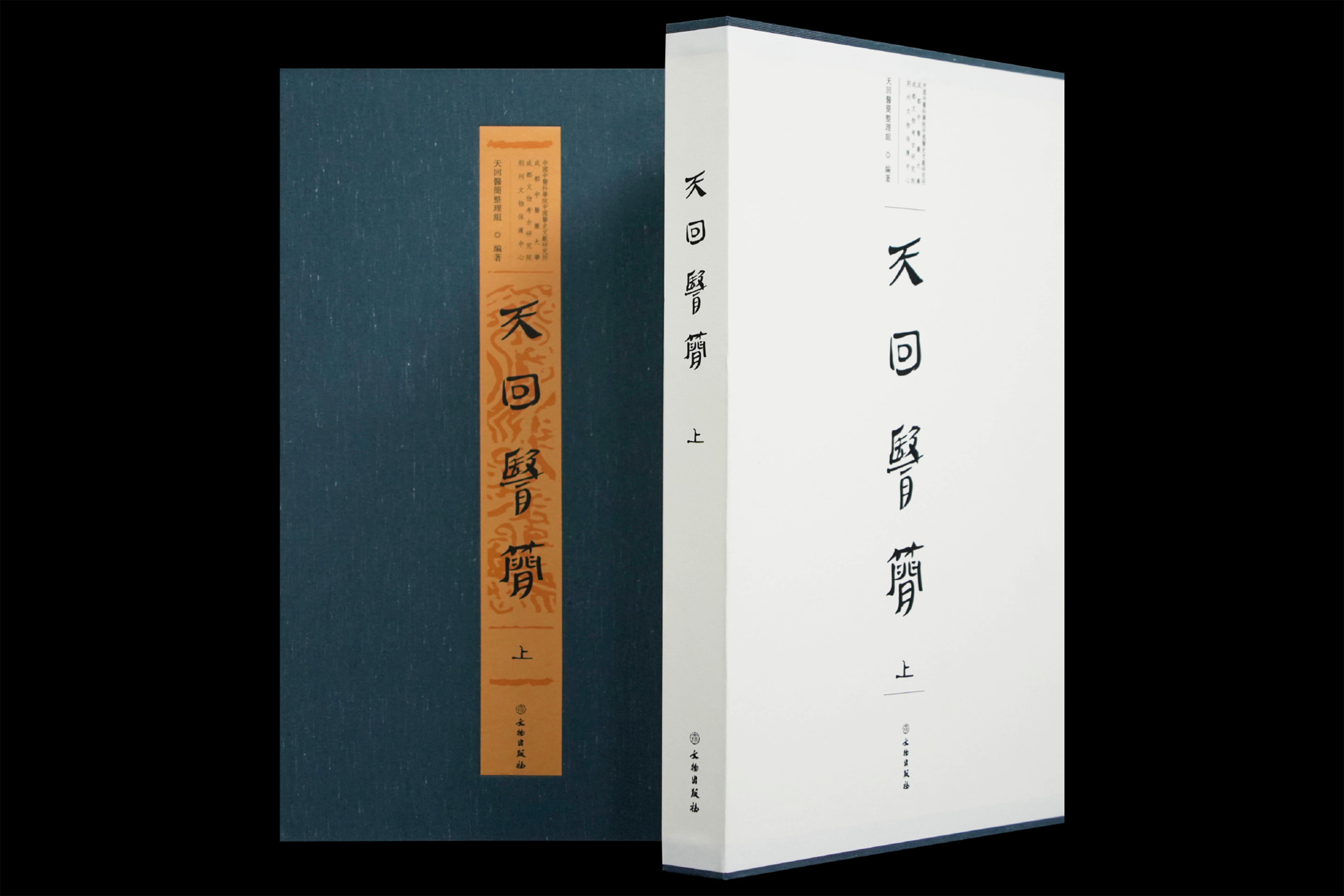Tianhui Medical Bamboo Slips

The Tianhui Medical Manuscripts are a group of ancient medical documents unearthed from the tomb of an official in Tianhuizhen, Chengdu, Sichuan Province, China. These medical manuscripts had been submerged in water for over 2,000 years, causing them to be in a very poor condition. After more than a decade of restoration, reconstruction, and research, these manuscripts were sorted and published, including 930 strips of bamboo and over 20,000 Chinese characters of content. The content covers areas such as acupuncture points, internal organs, acupuncture, and Chinese herbal medicine, making it the largest volume of theoretical and practical medical knowledge from the same historical period.
The discovery of these medical manuscripts provides new historical materials for the study of early Chinese medicine, and also provides new ideas and methods for contemporary Chinese medical research and application. In particular, some herbal medicine prescriptions in these manuscripts are still valuable today, proving that Chinese medicine 2,000 years ago already had a relatively complete clinical diagnostic system.
Moreover, the discovery of the Tianhui Medical Manuscripts was named one of the “Top Ten Archaeological Discoveries of 2012” and was selected as one of the “100 Major Archaeological Discoveries of the New Era,” not only showcasing the development of the clinical diagnosis and treatment system of traditional Chinese medicine before the Han Dynasty, but also providing important historical evidence and reference for the inheritance, innovation, and development of traditional Chinese medicine.
The reappearance of the Tianhui Medical Prescriptions, which had been lost for over 2,000 years, is undoubtedly a major contribution to traditional Chinese medicine. It not only records numerous lost prescriptions and treatment methods, but also describes in detail how ancient doctors used herbs, minerals, and animal-derived medicines to balance the body’s yin and yang.
In the process of sorting and researching the Tianhui Medical Bamboo Slips, we discovered some amazing treatments and successfully restored several precious prescriptions. These prescriptions were used in ancient times to treat various difficult and complex illnesses, but due to the changes of history and the destruction caused by wars, many precious prescriptions and pharmaceutical technologies gradually became lost. Through the tireless efforts of our team, we not only rediscovered these ancient prescriptions, but also used modern scientific techniques to analyze and verify them.
In the process of restoration, our team conducted in-depth research into ancient Chinese herbal theories and pharmaceutical techniques, combining them with modern pharmacology and chemical analysis methods to delve deeply into the components and action mechanisms of these prescriptions. To our delight, we discovered that these ancient recipes contained a wealth of natural active ingredients, which had the potential to prevent some of the difficult-to-treat diseases in modern medicine.
In order to ensure the safety and effectiveness of these restorative prescriptions, we conducted extensive experimental research. The experimental results show that these prescriptions have shown significant effects in treating certain chronic diseases and improving immunity. In addition, we have also discovered some prescriptions with unique effects in anti-inflammation, anti-oxidation, and anti-aging.
As our research progresses, we believe that we can not only provide patients with more preventive options, but also contribute to the internationalization and modernization of traditional Chinese medicine.
Currently, we have established cooperative relationships with research institutions and pharmaceutical enterprises at home and abroad to jointly promote the clinical application and industrialization process of these ancient prescriptions. We look forward to the day when these prescriptions originating from ancient wisdom can benefit more people and make new contributions to human healthcare in the near future.
